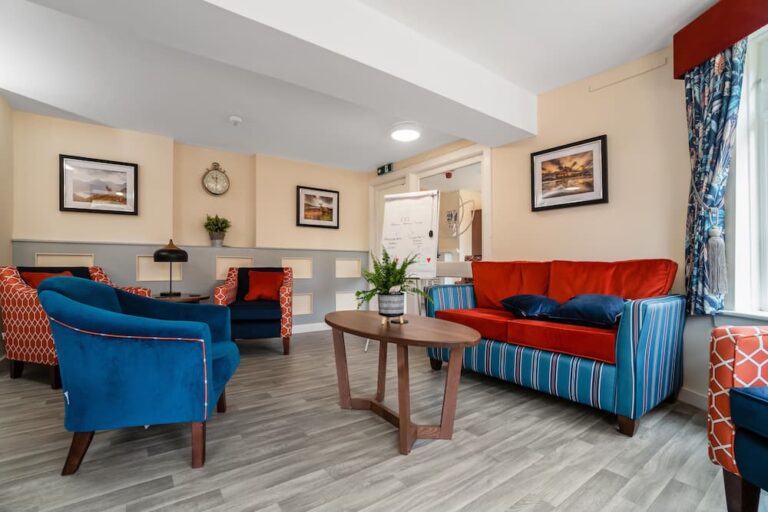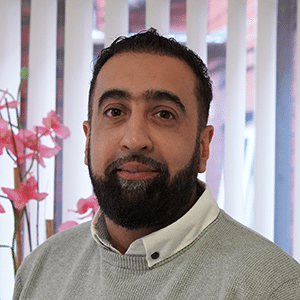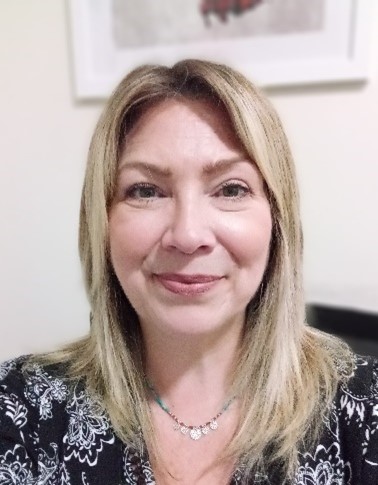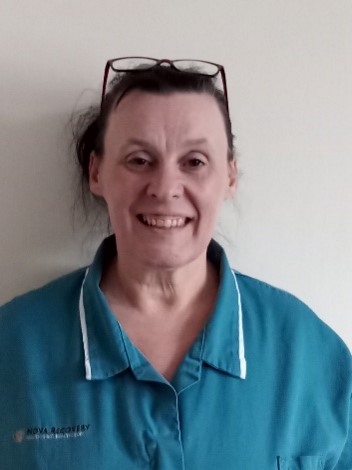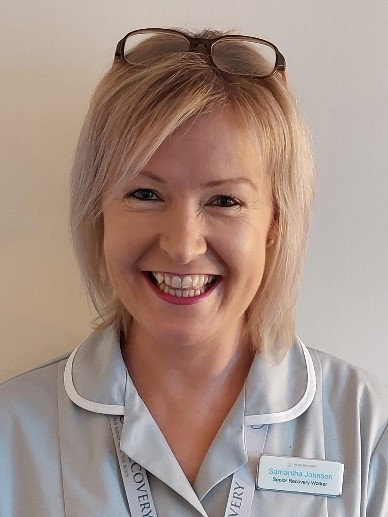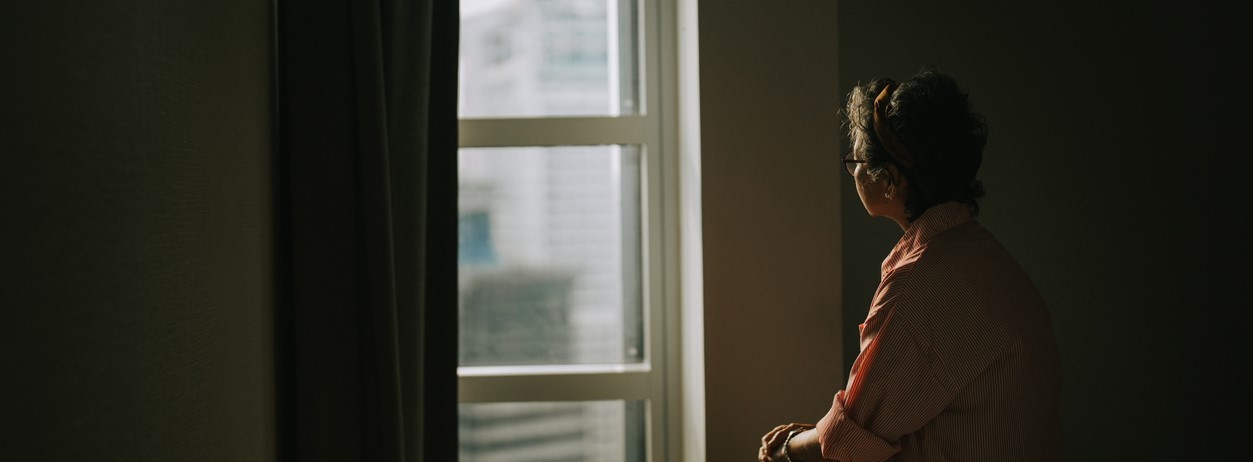Charlotte Crawford
CBT Therapist
Charlotte tailors her approach to the needs of her clients and works in collaboration with them so that ultimately the client can become their own therapist, by applying new skills and techniques to determine positive patterns of thinking and behaving.
CBT can help the individual cope with those painful feelings and distressing, upsetting thoughts, and by working together with Charlotte they will find the solutions that will help them.
Charlotte has Healthcare Professional recognition and is a recognised provider of medical treatment with Nova Recovery, Vitality Health, Cigna and Aetna Global Benefits
Training, qualifications & experience
Registered Member of British Association for Counselling and Psychotherapy; BACP
MBACP Private Practice Division and MBACP children and young people division.
Post-qualifying, Level 4 Certificate in child counselling.
Post Grad Diploma in Counselling and Groupwork, a C B T approach.
COSCA Certificate in Counselling Skills; Strathclyde University.
Registered Nurse Qualification ( no longer practising)
I have further training in; Bereavement in schools, Emotional Literacy in Young People, STRADA (Misuse of Alcohol), CALM (Crisis, Aggression, Limitation Management), ASIST (Applied Suicide Intervention Skills Training,) Child Protection Awareness, Working with People Using Alcohol and Drugs, Motivational Interviewing and Social Inclusion (Equality, Diversity and Human Rights).




